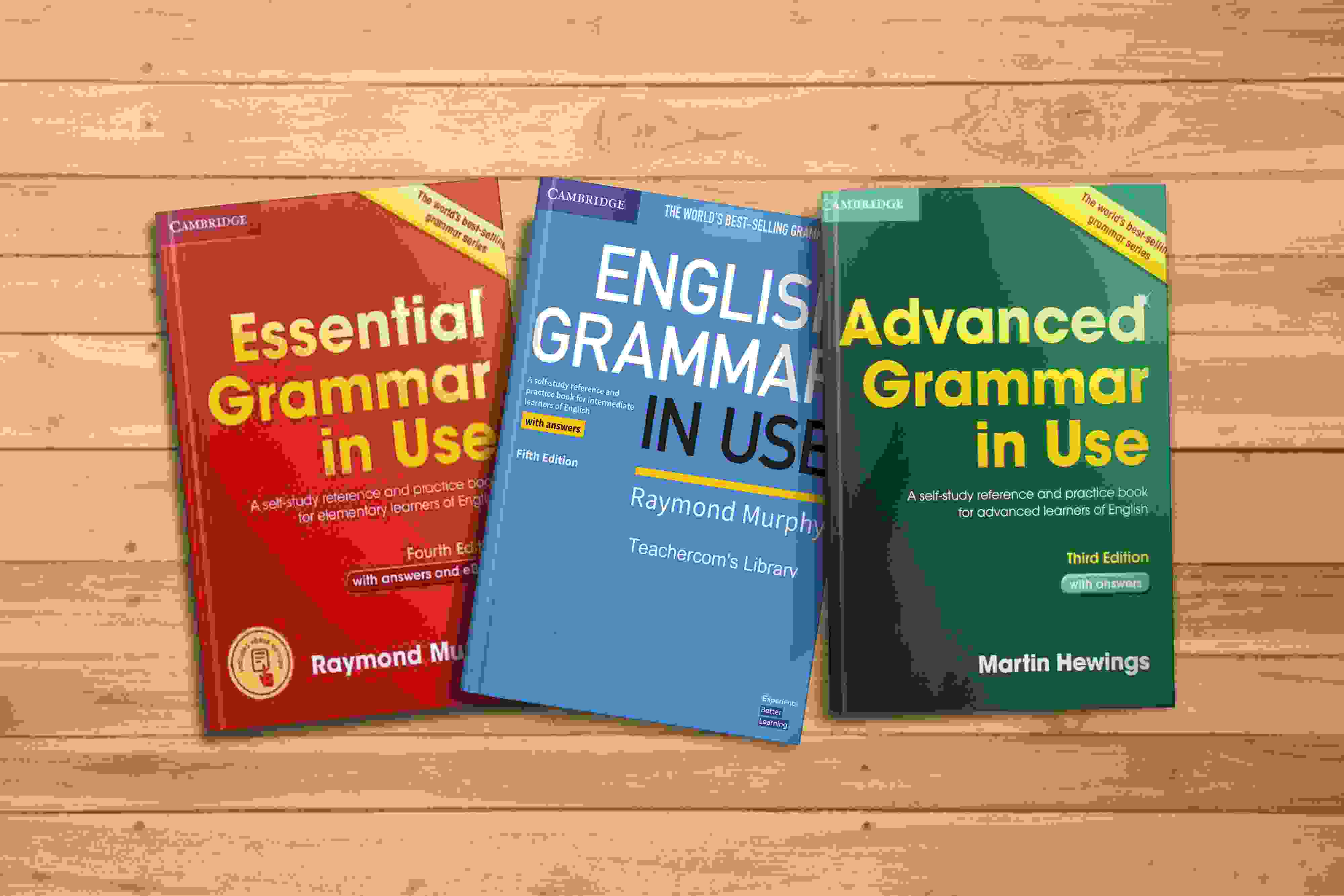- Have any questions?
- [email protected]
- Home
- Resources
- English Grammar
- Question Tags - English Grammar - English Free Test|Englishfreetest.com

Sometimes we just want to keep a conversation going, or confirm information.In this case, question tags are often used to solicit input or confirmation to what we are saying. Using question tags well also promotes a understanding of the use of various auxiliary verbs. They are not really questions but are a way of asking the other person to make a comment and so keep the conversation open.
- It's beautiful, isn't it?
- He has been, hasn't he?
- You can, can't you?
- It must be, mustn't it?
- You know him, don't you?
- He finished it, didn't he?
- He will come, won't he?
There are five ways in which we normally use question tags and they are easily explained here.
Positive/negative
If the main part of the sentence is positive, the question tag is negative.
- "He's a doctor, isn't he?"
- "You work in a bank, don't you?" ( Note that if there is not an auxiliary use do, does, or didn't at the end of the sentence)
If the main part of the sentence is negative, the question tag is positive.
- "You haven't met him, have you?"
- "She isn't coming, is she?"
With auxiliary verbs
The question tag uses the same verb as the main part of the sentence. If this is an auxiliary verb ('have', 'be') then the question tag is made with the auxiliary verb.
- "They've gone away for a few days, haven't they?"
- "They weren't here, were they?"
- "He had met him before, hadn't he?"
- "This isn't working, is it?"
Without auxiliary verbs
If the main part of the sentence doesn't have an auxiliary verb, the question tag uses an appropriate form of 'do'.
- "I said that, didn't I?"
- "You don't recognise me, do you?"
- "She eats meat, doesn't she?"
With modal verbs
If there is a modal verb in the main part of the sentence the question tag uses the same modal verb.
- "They couldn't hear me, could they?"
- "You won't tell anyone, will you?"
With 'I am'
Be careful with question tags with sentences that start 'I am'. The question tag for 'I am' is 'aren't I?'
- "I'm the fastest, aren't I?"
or in a negative form we use the same "am" form at the end as in the positive form of the sentence.
- "I'm not fat , am I?"
- Tags:
- Question Tags
- english grammar